Last week I blogged about things that are annoying in books - typos and such like - and Jen Gilroy, who is such a staunch supporter of my blog, commented that her pet hate is inaccurate geographical details in books set in real places. That set me thinking about the importance of a book's setting, whether real or fictional. |
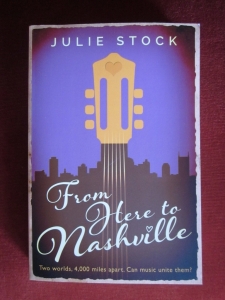 | A day or two ago, I finished reading Julie's Stock's debut novel From Here To Nashville, in which the heroine is spirited off to Nashville to see if she can break into the American country music scene. Julie's decriptions of Nashville and other places in the US suggested first-hand knowledge. All I can say is, if Julie hasn't visited these places, it doesn't show! (Jen, I think you can safely read this book.) |
| A title which springs to mind as evoking a wonderful setting is The Enchanted April. You can practically feel the Italian sun on your skin as you read and not only do you know what SanSalvatore looks like, you also know how it feels to be there - simultaneously peaceful and rejuvenating. The castle and its beautiful grounds are almost a character in themselves. | 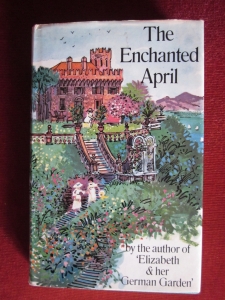 |
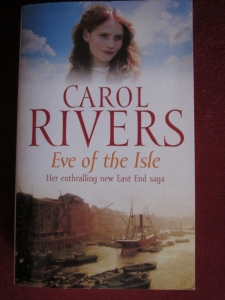 | An author who always creates a compelling sense of place in her books is saga writer Carol Rivers, who uses her in-depth knowledge of the Isle of Dogs as the backdrop for her gripping stories of the East End in the first half of 20th century. As for the flood in Eve of the Isle, I can feel the mud squelching between my toes just thinking of it. |
If you are a reader of American cosy crime series, you'll probably be familiar with the reviews on Amazon. You know the ones I mean - those that say, "I look forward to spending more time in Xville." Well, a novel that made me feel like that was Jessica Redland's captivating Searching For Steven, in which Whitsborough Bay is vividly portrayed as an busy, appealing community with independent shops, attractive landmarks and lots going on. I'm looking forward to visiting there again in the next two books in Jessica's trilogy. | 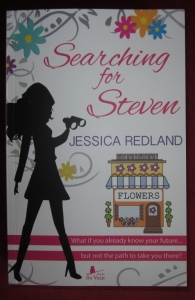 |
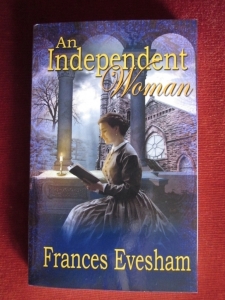 | In her Victorian novel, An Independent Woman, Frances Evesham creates an atmosphere of mystery and intrigue right from the outset by using places to create the appropriate backdrop. When we first meet Philomena, she is stealing up a twisted staircase in an alley on a morning of dense fog; and later, when she reaches Thatcham Hall, its grandeur and decorum only serve to emphasise the secrets kept within. It is a perfect match of location and atmosphere. |
| Letting in Light by indie-author Emma Davies is a love story of many layers, written with depth and honesty. Emma is also adept at place descriptions and the warm and intimate descriptions of Rowan Hill form a reassuring backdrop to the emotionally complex novel. | 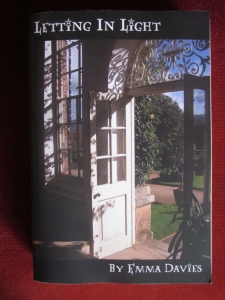 |
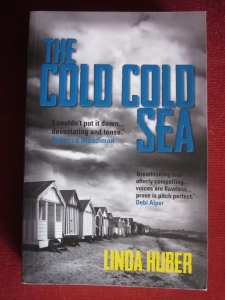 | Linda Huber weaves her places and her story atmosphere so intricately together that you can't see the join. Her descriptions of the beach in The Cold Cold Sea underline the relentless power of the tide and are a perfect echo of the despair of the bereft mother; while the attractive village in The Paradise Trees makes the reader all the more aware of the horror edging ever closer and the fact that you have no idea what goes on behind closed doors. | 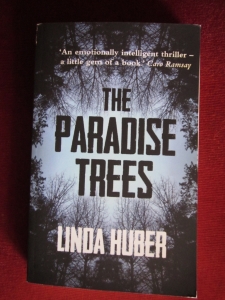 |
| What do you think? Is setting important to you? Which books have transported you to another place? |


Make A Comment
Comments (13)
Jessica, it was a pleasure to include Searching For Steven. Your character, Sarah, seemed to me to be so lucky to have such a lovely place to go home to when things went wrong in her life. You have created such a strong setting that it's obvious you know it very closely and this enables the reader to picture it too. Lovely to hear from you.
Jan, reading a novel when you are actually in its setting is a fascinating experience, but for that setting to be such a gorgeous place really is the cherry on the cake. I'm sure that being there must have enhanced the pleasure you derived from the book. Thanks for commenting.
A couple of my fellow Write Romantics - Sharon Booth and Jo Bartlett - have wonderful settings for their novels which are vividly described and make me want to live there too.
Jessica xx
I am sending you and your family my warmest wishes as you embark upon your new lives in Canada.
Janet Gover's books always transport me to the Australian outback, a place I've never been but which she evokes so beautifully in fiction. One of my all-time favorite books is Margaret Mitchell's 'Gone With the Wind,' and the lost world of the American South.
As always, thank you for a very enjoyable post.
I enjoyed looking at your photographs on Pinterest of Alsace, where your next novel is set. There are a couple that are particularly pretty and I'll be looking out for them when I read the book.
Everyone - Julie has kindly agreed to join me here soon to write a guest blog, something I'm looking forward to, as I think we have come up with an interesting subject for her to delve into. I don't want to give anything away too soon, but let's just say that the clue is in the title(!)